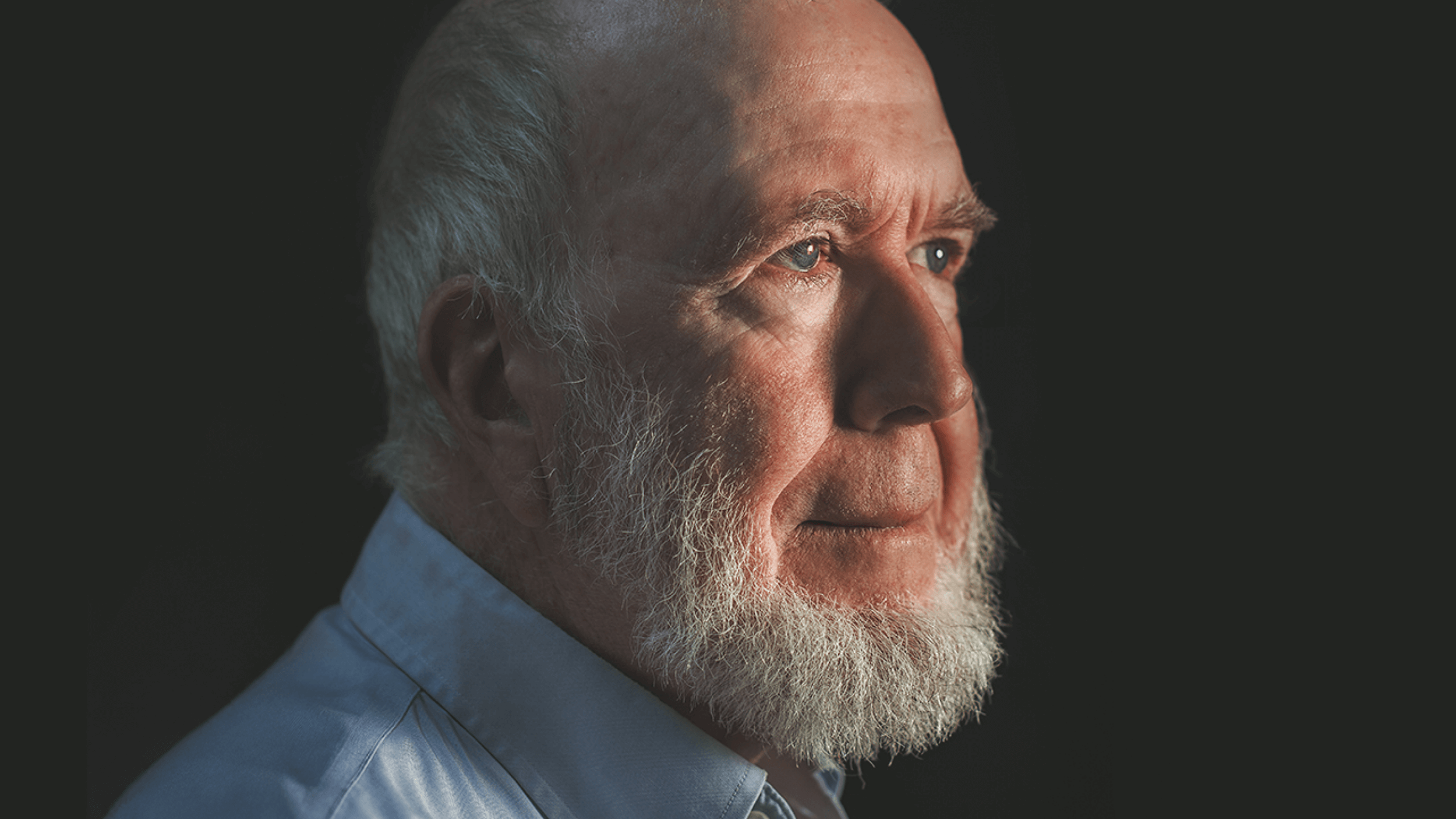Revitalizing the Arab Spring With Imagination and Ingenuity

Creating an ecosystem of innovation and entrepreneurship in the Arab world is the next logical step in consolidating the political gains of the Arab spring and stabilizing the region’s volatile economic environment. That’s the vision for the new i2 Institute (the two i‘s stand for “imagination” and “ingenuity”), launched by Saudi Arabia’s Hayat Sindi – one of the Arab world’s foremost innovators and aNational Geographic Emerging Explorer – at the recently concluded PopTech conference in Maine. The goal of the new institute is to help Arab innovators – especially women – write business plans, connect with other innovators and find investors for their ideas. So can this quixotic plan by an Arab woman straddling two vastly different cultural worlds actually work?
On the surface, of course, the prospects are grim. According to the IMF, the youth unemployment rate across the Arab world is close to 25% — and these youth account for 40% of all people in the region without jobs. That figure is undoubtedly higher for women. In Saudi Arabia, for example, female participation rate in the Saudi workforce is only 14%. Saudi culture doesn’t make it easy for women to work, and until now, there have been too many daunting institutional barriers to women getting involved in business. For example, women in Saudi Arabia only recently earned the right to vote and women across the Arab world face hurdles being treated as equals — in boardroom meetings, men simply turn their backs on Arab women they don’t respect.
The i2 Institute hopes to shatter the conventional wisdom: “Women like Sindi offer a model for the next generation of young Arab women thinking about their own place in the world and balancing sometimes contradictory imperatives to be devout Muslims while also holding down professions, like men.” Certainly, if you scratch the surface, the numbers are more promising. Wharton even called female Arab innovators the key to driving business growth in the Middle East. Moreover, according to Booz & Co., rates of entrepreneurship in the Arab world (at 13%) are actually higher than in Western nations like the U.S. (8%) and the UK (6%). Putting all of this pent-up entrepreneurial energy to work could go a long way to address the systemic unemployment in the region and open up new prospects for young innovators.
Hayat Sindi’s vision for the i2 Institute is to accelerate these trends throughout the Arab world and jump-start innovation. As she pointed out at this year’s PopTech event, she sees her new institute leading to scientists finding new ways to purify water, diagnose disease and other solutions. There is talent and a wealth of young entrepreneurial behavior in the emerging Arab world. Increasingly, these youth are attending Western educational institutions and exporting their knowledge back home — take Hayat Sindi for example: she wears a headscarf and grew up in Saudi Arabia but, at the same time, boasts impeccable Harvard and Cambridge credentials. These are exactly the types of people to revitalize the Arab Spring with imagination and ingenuity.





